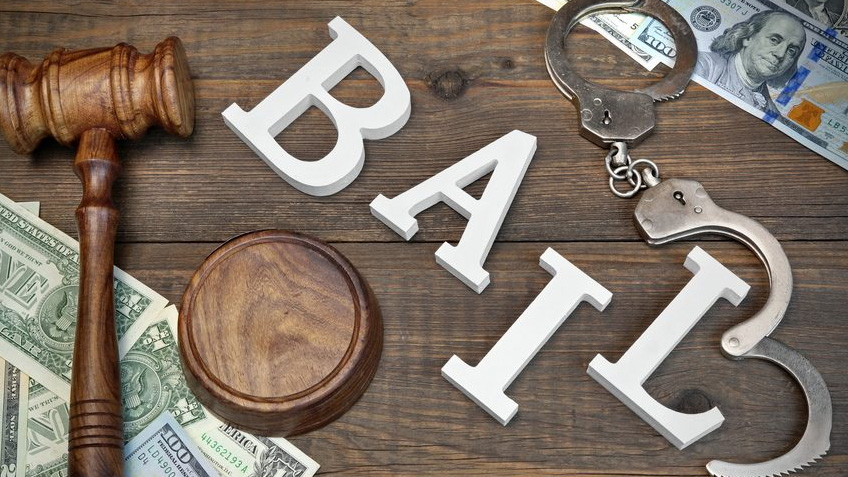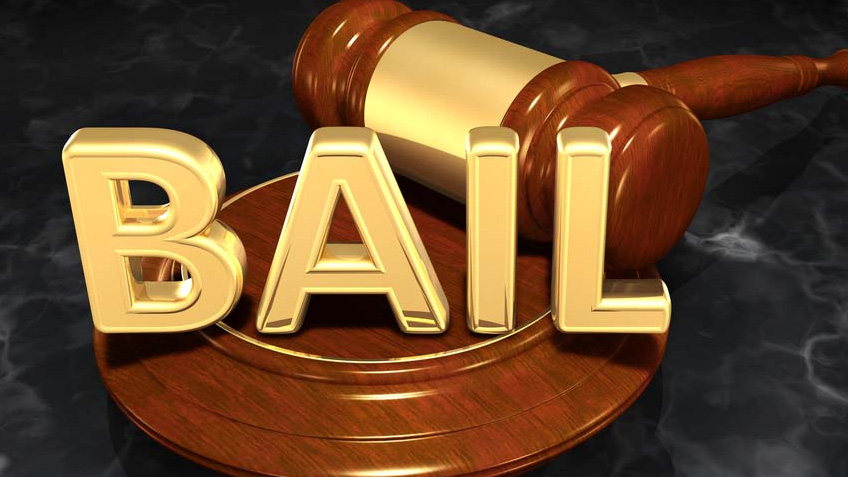Introduction
When a loved one is arrested, securing their release is a top priority. Co-signing a bail bond is a common way to help them get out of jail while they await trial. However, this decision comes with financial and legal responsibilities. In this guide, we’ll break down the co-signing process, potential risks, and essential considerations to help you make an informed choice.
What Does It Mean to Co-Sign a Bail Bond?
Co-signing a bail bond means you agree to take financial responsibility for a defendant’s release from jail. By signing, you guarantee that the defendant will attend all court dates. If they fail to do so, you could be responsible for repaying the full bail amount.
Key Responsibilities of a Co-Signer:
- Ensure the defendant attends all court hearings.
- Pay any fees required by the bail bond company.
- Cover the full bail amount if the defendant skips court.
- Maintain regular communication with the bail bond agency.
Learn about the hidden risks of co-signing a bail bond to understand your obligations.
Step-by-Step Guide to Co-Signing a Bail Bond
Step 1: Confirm the Bail Amount and Requirements
- Contact the jail or court to determine the total bail amount.
- Understand any conditions for the defendant’s release.
Step 2: Choose a Reputable Bail Bond Company
- Research licensed and trustworthy bail bond agents.
- Look for companies with positive reviews and a history of success, like JC Bail Bonds.
Step 3: Provide Necessary Information
- Your identification and proof of income.
- Defendant’s full name, charges, and jail location.
- Personal references or collateral (if required).
Step 4: Read and Sign the Bail Bond Agreement
- Carefully review the contract.
- Ask questions about fees, payment options, and refund policies.
- Understand the financial risks involved.
Step 5: Pay the Required Bail Bond Fee
- Most bail bond companies charge 10-15% of the total bail amount as a non-refundable fee.
- Payment can be made via cash, credit, or payment plans.
Step 6: Monitor the Defendant’s Compliance
- Ensure they follow all court orders and attend scheduled hearings.
- Keep in touch with the bail bond agent for updates.
Step 7: Fulfill Your Obligations as a Co-Signer
- If the defendant fails to appear in court, you might have to cover the full bail amount.
- In extreme cases, collateral (property, car, assets) may be seized.
Risks of Co-Signing a Bail Bond
| Risk | Impact |
|---|---|
| Financial Liability | You may be responsible for the entire bail amount if the defendant skips court. |
| Collateral Loss | If collateral is used, it may be forfeited if the defendant doesn’t comply. |
| Legal Consequences | You may have to work with a bounty hunter if the defendant flees. |
| Strained Relationships | Co-signing can put emotional and financial stress on relationships. |
Understand the financial risks before co-signing a bail bond.
How to Minimize Your Risk as a Co-Signer
- Only co-sign for someone you trust.
- Ensure they understand their legal obligations.
- Stay informed about their court dates and legal status.
- Request a co-signer release clause if available.
- Consider alternative options like personal loans or property bonds instead of co-signing.
Expert Opinion: Is Co-Signing Worth It?
Legal experts emphasize that co-signing is a major financial commitment and should not be taken lightly.
“Many people don’t realize that co-signing a bail bond is more than just signing paperwork—it’s a legal and financial responsibility. Always assess the risks before committing.” — John Carter, Bail Bond Consultant.
If you’re uncertain about the process, consulting with a professional bail bonds agency like JC Bail Bonds can help you navigate your options safely.
Conclusion
Co-signing a bail bond is a generous act that can help a loved one regain their freedom, but it comes with significant responsibilities. Before signing any agreement, understand the financial and legal risks, choose a trusted bail bond company, and ensure the defendant is committed to attending court.
Would you consider co-signing a bail bond for a loved one? Share your thoughts below!
FAQs About Co-Signing a Bail Bond
1. What happens if the defendant misses a court date?
If the defendant skips court, the co-signer may be responsible for the full bail amount. A bounty hunter may be hired to locate the defendant.
2. Can I remove myself as a co-signer?
Some bail bond companies allow co-signers to withdraw before the bond is finalized, but once signed, you are legally responsible until the case is resolved.
3. What kind of collateral is required for a bail bond?
Collateral can include real estate, vehicles, jewelry, or other valuable assets, depending on the bail amount and company policies.
4. Are there alternatives to co-signing a bail bond?
Yes, alternatives include paying the full bail amount directly, using property as bond, or seeking a personal loan to cover costs.
5. Can I negotiate the terms of the bail bond agreement?
Some aspects, like payment plans, may be negotiable. Always read the contract carefully and discuss any concerns with the bail bond agent.



